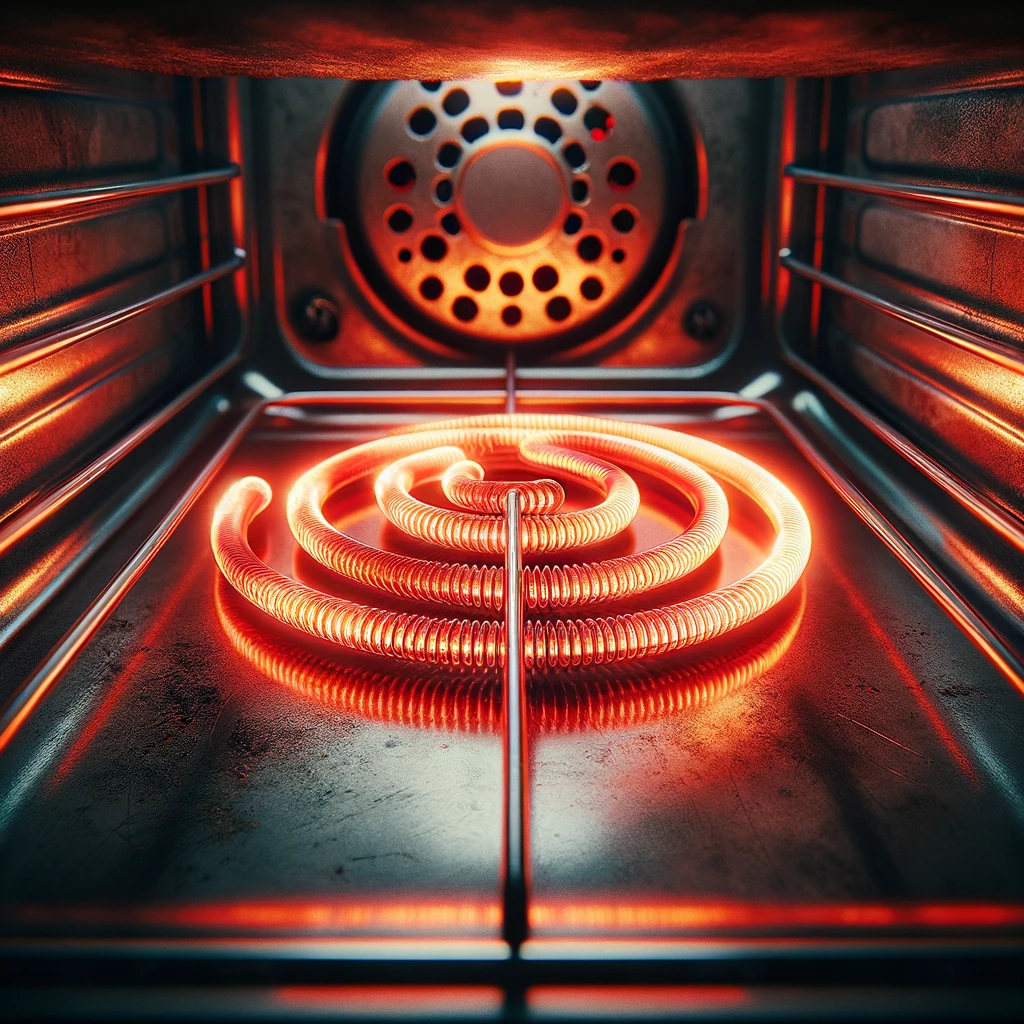
Why Do Oven Elements Fail? (and What You Can Do About It)
An oven is a staple in any kitchen, but like any appliance, it can experience issues over time. One of the most common problems homeowners encounter is a failing oven element. Understanding why oven elements fail and knowing what to do about it can save you time, money, and frustration. Here’s a comprehensive guide on the causes of oven element failure and how to address them.
Common Causes of Oven Element Failure
1. Wear and Tear
Oven elements are subjected to extreme temperatures, which can cause them to wear out over time. The constant heating and cooling cycles cause the metal to expand and contract, eventually leading to fatigue and failure. If your oven element is several years old and used frequently, it may simply be at the end of its lifespan.
2. Electrical Issues
Electrical problems are another common cause of oven element failure. Poor connections, faulty wiring, or power surges can damage the element. If you notice any signs of electrical issues, such as flickering lights or a tripped circuit breaker, it’s essential to address these problems promptly to avoid further damage.
3. Physical Damage
Accidental damage can also lead to a failing oven element. Dropping heavy pots or pans on the element can cause it to crack or break. Additionally, using harsh chemicals or abrasive cleaning tools can damage the surface of the element, leading to premature failure.
4. Overheating
Overheating can occur if the oven is not properly ventilated or if there is a malfunction with the thermostat. When the oven gets too hot, it can cause the element to burn out more quickly. Ensuring that your oven is well-ventilated and that the thermostat is functioning correctly can help prevent overheating issues.
What You Can Do About It
1. Regular Maintenance
Regular maintenance is key to extending the life of your oven element. Clean your oven regularly to prevent grease and food buildup, which can cause overheating. Avoid using harsh chemicals or abrasive cleaning tools that can damage the element. Instead, use mild cleaning solutions and soft cloths or sponges.
2. Inspect for Damage
Periodically inspect your oven element for any signs of damage. Look for cracks, blisters, or discoloration, which can indicate that the element is failing. If you notice any damage, it’s best to replace the element before it completely fails.
3. Address Electrical Issues
If you suspect that electrical issues are causing your oven element to fail, it’s important to address these problems promptly. Check for loose connections or faulty wiring and consider having a professional electrician inspect your oven’s electrical system. Installing surge protectors can also help protect your oven from power surges.
4. Replace the Element
If your oven element has failed, replacing it is usually a straightforward process. Make sure to purchase a replacement element that is compatible with your oven model. Turn off the power to the oven, remove the old element, and install the new one according to the manufacturer’s instructions. If you’re not comfortable doing this yourself, consider hiring a professional technician to handle the replacement.
5. Monitor Oven Temperature
To prevent overheating, monitor your oven’s temperature regularly. Use an oven thermometer to ensure that the thermostat is accurately controlling the temperature. If you notice any discrepancies, you may need to have the thermostat calibrated or replaced.
Conclusion
Understanding why oven elements fail and taking proactive steps to address these issues can help you keep your oven in top working condition. Regular maintenance, prompt attention to electrical problems, and timely replacement of damaged elements are key to ensuring your oven remains reliable and efficient. By following these tips, you can minimize the risk of oven element failure and enjoy hassle-free cooking for years to come.

